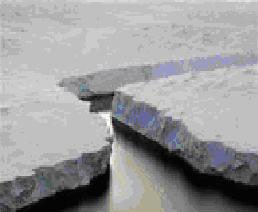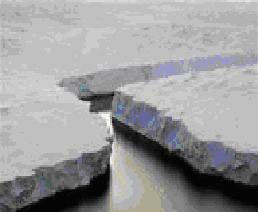State of the climate in Latin America and the Caribbean 2023
A double-whammy of El Niño and long-term climate change hit Latin America and the Caribbean in 2023, according to a new report from the World Meteorological Organization (WMO). Drought, heat, wildfires,



